Home > Infrastructure Services
Supply Chain Software Development Services
Upgrade Your Unique SCM Processes
Since 2012, ScienceSoft provides companies in 30+ industries with consulting and practical assistance on the design and implementation of reliable supply chain management software.
Supply chain software development aims to help companies drive improvements across their processes and innovate their business operations with the help of effective software and Supply Chain 4.0 techs: IoT, AI, big data, blockchain, AR and VR.
Benefits of Digital Supply Chain Management

Increased accuracy of demand forecasting

Improved visibility into an extended supply chain and efficiency of risk management activities

Enhanced reliability of inventory planning and reduced inventory carrying costs

Higher resource utilization (labor, transportation, etc.)

Streamlined fulfillment of sales orders

Improved collaboration with suppliers
SCM Solutions ScienceSoft Specializes In
We offer development services for the implementation of one or several integrated SCM solutions:
Supply chain planning and optimization
Demand forecasting. AI-supported recommendations on supply chain optimization (e.g., how much and when to order). Supply chain digital twin – a real-time supply chain model to test different supply chain action plans (e.g., safety stock planning, transportation optimization) and evaluate their impact before choosing the best one. Value: improved and more cost-efficient fulfillment of customer demand, increased resource utilization, synchronization between different supply chain components.
Supply chain risk management
Supply chain control tower, offering real-time, AI-supported visibility into all supply chain operations, including operations of suppliers and external carriers. Configurable dashboards for a unified view of supply chain processes and related KPIs (fill rate, order cycle time, etc.). Collaborative issue resolution with suppliers via a shared space for issue discussions, issues status tracking and notifications, etc. Value: end-to-end supply chain visibility, proactive risk management, improved collaboration with suppliers.
Inventory and warehouse management
Inventory levels and location tracking (with barcode or RFID technology). Optimal safety stock calculation. Automated replenishment triggers. Lot and serial number tracking. Expiration dates and shelf life monitoring. Value: decreased inventory carrying costs, increased order fulfillment speed and accuracy, optimized labor costs, minimized inventory loss and shortages.

Logistics management
Freight tracking. Planning and optimization of route schedules. Vehicle accident case management (accident notifications and reports, repair request issuing and routing, etc.). IoT connectivity to monitor product condition during transportation. Value: improved vehicle utilization, decreased logistics operating costs, on-time delivery.
Procurement management
Quick template-based creation of purchase requisitions, RFxs, and purchase orders. Automated approval workflow for purchase requisitions and purchase orders. Analytics-based recommendations on supplier assignment to purchase orders. Creation and management of preferred supplier lists. Automated three-way matching (purchase orders, order receipts, and supplier invoices are cross-compared to reveal inconsistencies if any). Purchase order execution tracking (for several tiers if required). Collaboration tools to discuss orders with suppliers. Value: standardized and streamlined purchasing, improved spend visibility.
Supplier relationship management
Analytics-based supplier pre-qualification (financial viability, technical capabilities, ethical business processes, etc.). Quick template-based creation of sourcing events (e-tenders, e-auctions). Collaboration with internal teams on supplier selection and nomination. Supplier performance analytics and ongoing compliance checks. Supplier portal for improved capacity planning (via collaboration with suppliers), etc. Automatic alerts for suppliers to update expiring data (accreditations, certifications). Value: reduced supply chain compliance and regulatory risks, improved supplier engagement, optimized sourcing strategy.
Order management
Centralized multichannel sales order processing. Automated order routing to an optimal fulfillment location. Support of multiple order fulfillment methods and types (BOPIS, ship-from-store, same-day delivery, etc.). Return management. Value: increased order fill rate, reduced order fulfillment costs, reduced shipping and expediting costs, increased customer satisfaction rate.
SCM software integrations we recommend
With ERP, MES, and other relevant internal systems (OMS, WMS, etc.) and third-party data sources – to improve supply chain planning.
With ERP, MES, and other relevant internal systems (OMS, WMS, etc.) and third-party data sources – to improve supply chain planning
With a business intelligence (BI) solution – to leverage supply chain data for enterprise-level analytics.
Supply Chain Software Development Cost Factors
To estimate the cost of supply chain management solutions, ScienceSoft takes into account the following factors:
The number and complexity of functional modules required to cover business needs. The number and complexity of integrations with corporate software, IoT devices, etc. Data volume used for analytics, the need to implement machine learning algorithms and their complexity. Required application types – web, mobile, desktop – and a number of platforms supported (for mobile apps). Data storage type (a centralized database or a private blockchain). Application availability, performance, security, and scalability requirements.

